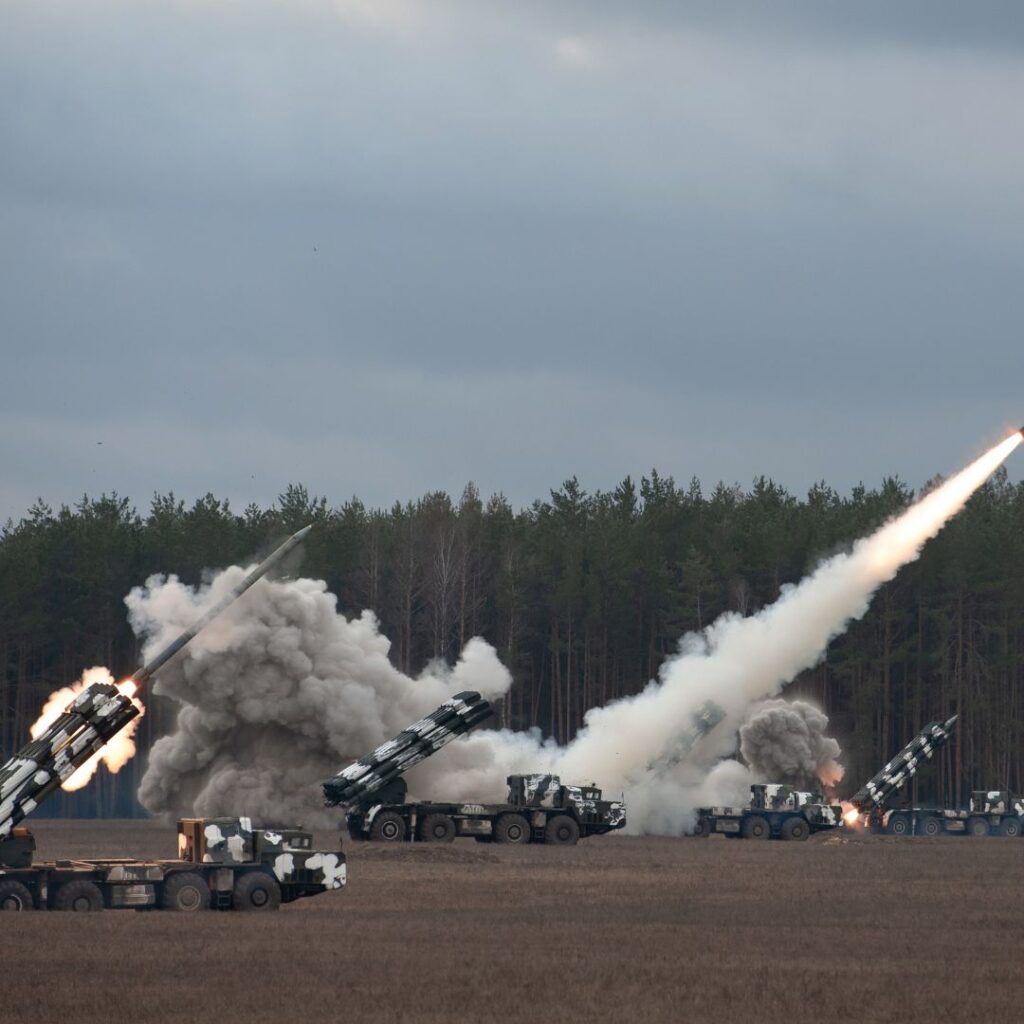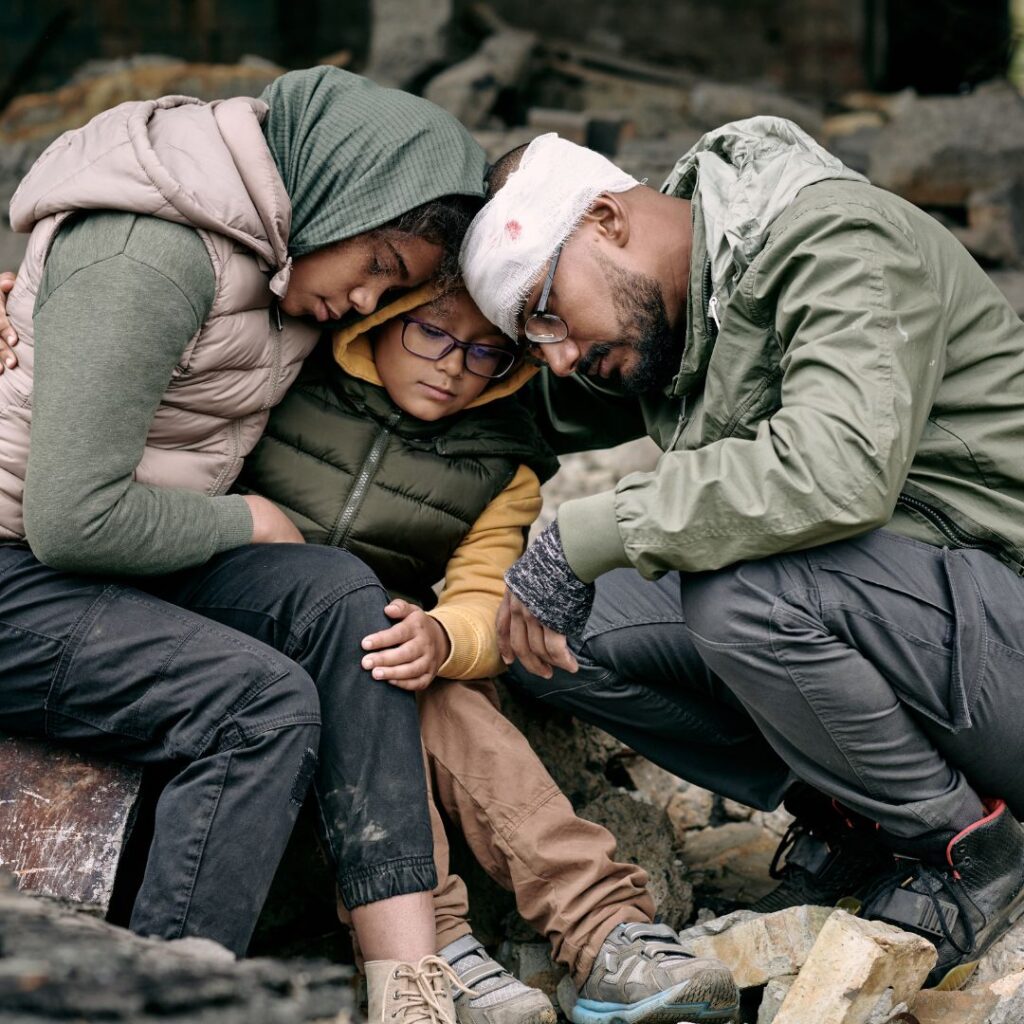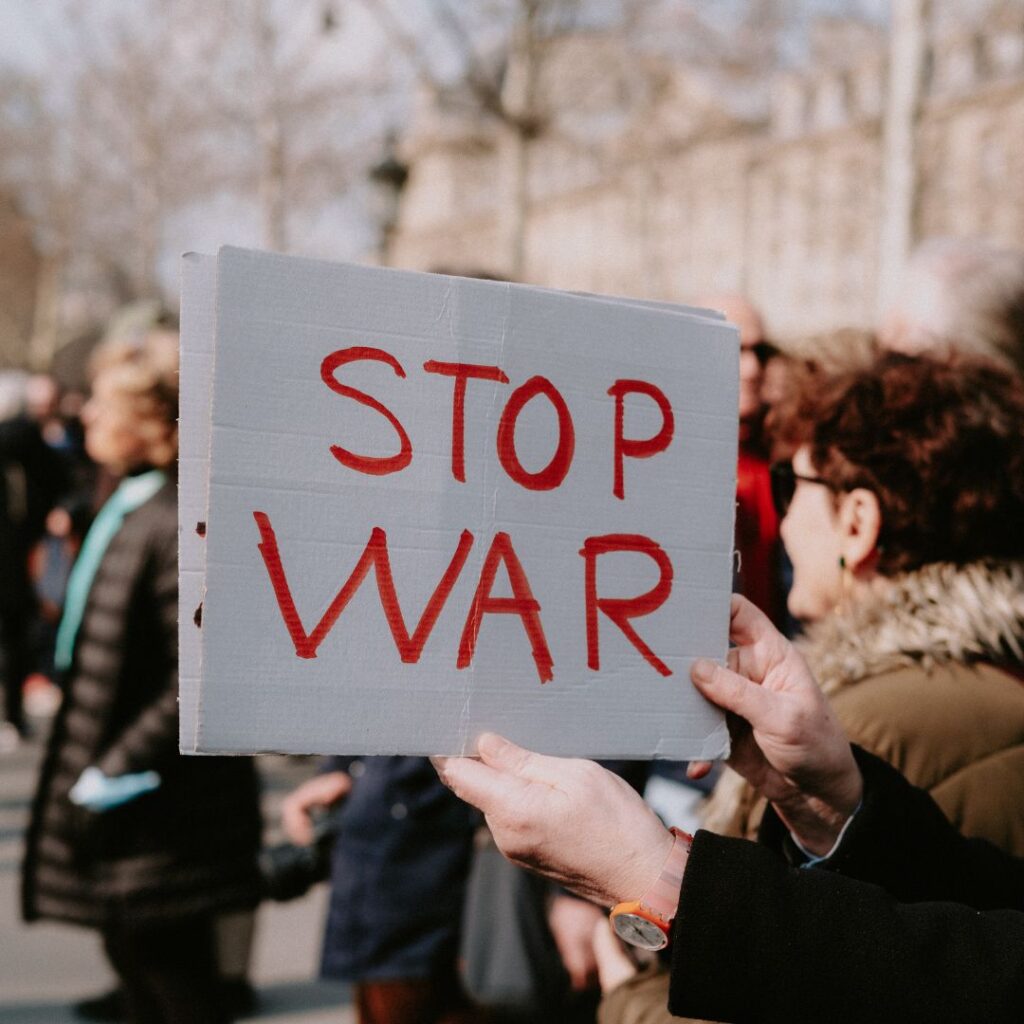Filipinos in Lebanon have expressed a range of reactions following President Ferdinand Marcos Jr.’s recent virtual meeting aimed at facilitating their evacuation amid escalating violence in the region. The meeting, held on October 9, 2024, was prompted by a series of Israeli airstrikes that have raised significant safety concerns for overseas Filipino workers (OFWs).

Many Filipinos welcomed the government’s proactive approach, appreciating the urgency with which President Marcos ordered the mobilization of resources for their repatriation. As of now, over 1,721 applications for repatriation have been received by the Philippine Embassy in Beirut, with 511 already successfully evacuated. Filipinos expressed gratitude for the financial assistance of P150,000 that the government is offering to those returning home.

This aid is seen as crucial for many who are concerned about their financial stability upon returning to the Philippines. However, there is also a sense of uncertainty among many OFWs. While some are eager to return due to safety fears, others feel conflicted about leaving Lebanon, which they consider a second home. Reports indicate that only about 500 out of an estimated 11,000 Filipinos in Lebanon have opted for repatriation thus far. Many are worried about the implications of leaving their jobs and lives behind, especially given that they have established roots in the country.

Some Filipinos have criticized what they perceive as a slow government response to the crisis. They highlighted challenges faced by undocumented individuals who lack proper visas or whose passports are being withheld by employers. The Philippine government has raised Lebanon’s alert status to Level 3, allowing for voluntary repatriation while stopping short of mandating it. In summary, while there is appreciation for the government’s efforts to ensure their safety, many Filipinos in Lebanon are navigating complex emotions regarding their future in a country facing turmoil. The situation remains fluid, and continuous support from the government will be essential as they make critical decisions about their lives.
